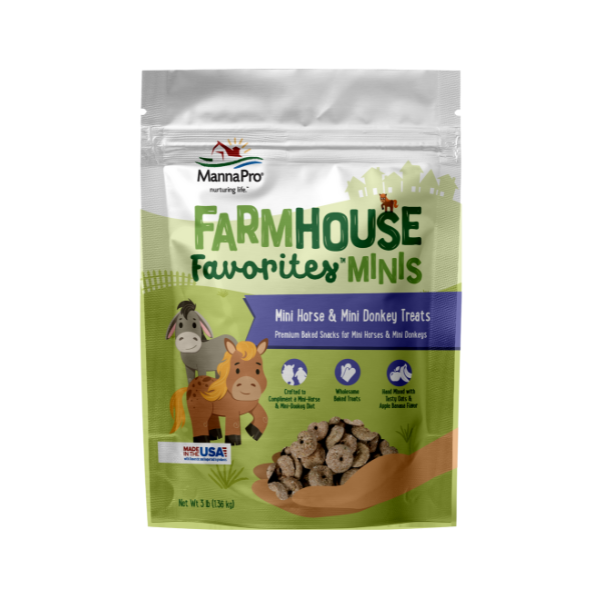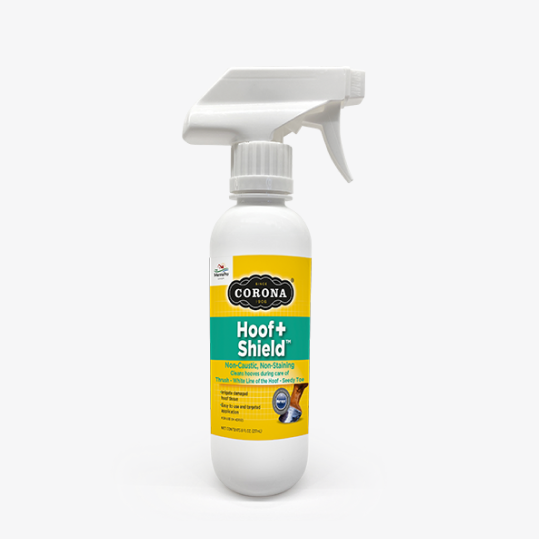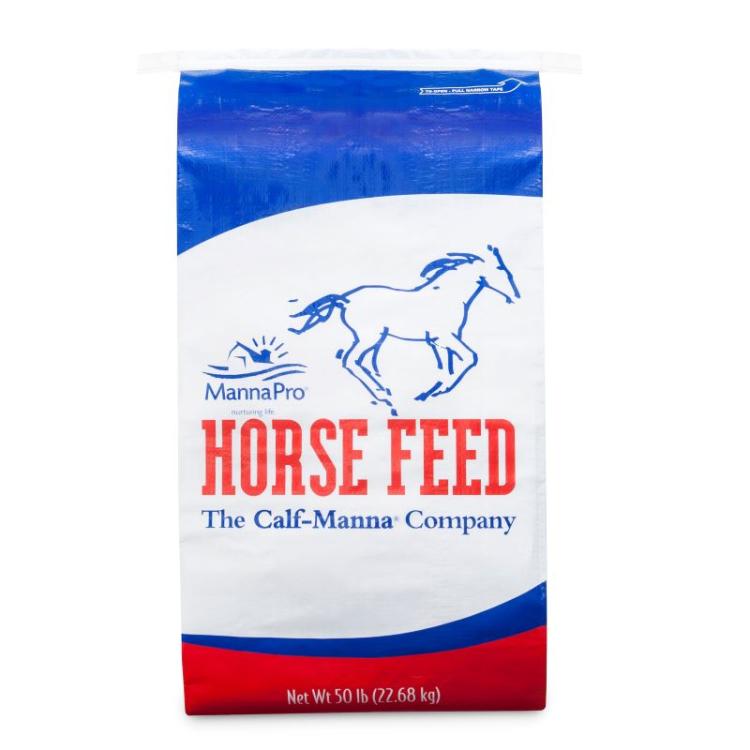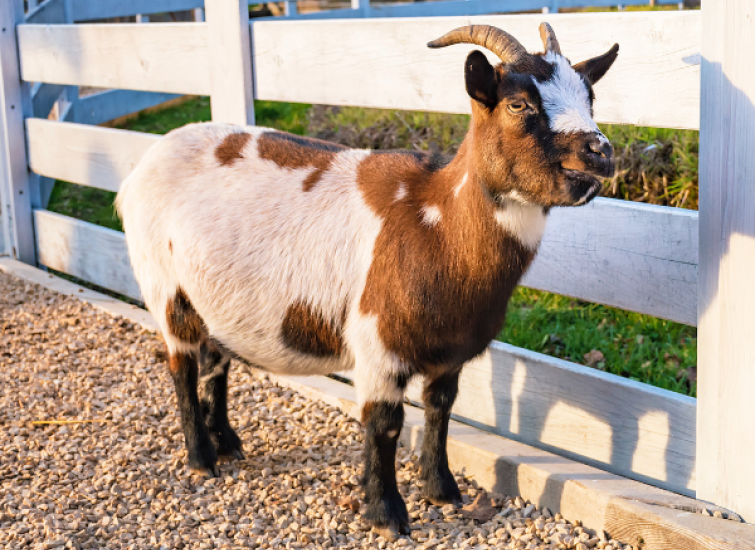A Closer Look at Caring for this Exceptional Creature
Donkeys, also known as jacks (males) and jennies (females), are often referred to as the unsung heroes of the animal kingdom. These work-horses (no pun intended) possess remarkable qualities that set them apart from other farm animals.
Donkeys have been serving humans for centuries, providing assistance on farms, carrying heavy loads, and even serving as beloved pets.

In this educational blog post, we will delve into what makes donkeys equine-ceptional, their role on farms, the distinction between donkeys and mules, the endearing miniature donkeys, essential care and feeding practices and tips for maintaining their well-being.
What is Special about Donkeys?
Donkeys are known for their intelligence, strength, endurance and adaptability. These majestic animals have a unique ability to assess situations and respond with caution and instinctual wisdom.
Their strong memory allows them to recognize familiar faces and places, making them excellent companions. Donkeys are also highly resistant to diseases, have a keen sense of self-preservation, and are well-equipped to thrive in challenging environments with limited resources.
Donkeys' iconic appearance - short thick head, long ears, narrow hooves and small physical characteristics - conjure feelings of happiness and joy. Especially when you see them galloping in your field or befriending other farm animals!
What are Donkeys Used for on a Farm?
Donkeys have been valuable assets on farms for centuries. They excel in carrying heavy loads, plowing fields, and transporting goods, making them reliable work companions. Their strength and endurance make them ideal for hauling firewood, hay, and other essential items.
Moreover, donkeys are highly skilled at protecting livestock from predators, displaying natural alertness and a strong sense of territoriality. This can cause some donkeys to display aggressive behavior.

What is the Difference Between Mule vs. Donkey?
Donkeys and mules share a common lineage, but they differ in their biological composition. A donkey is a distinct species (Equus africanus asinus) while a mule is a cross between donkeys and horses.
The mule's unique qualities include its small size, strength, intelligence, and sure-footedness inherited from both parents. Mules are sterile, unable to reproduce, whereas donkeys have the ability to breed and reproduce naturally.
Mini Donkeys: The Delightful Companions
Miniature donkeys, often referred to as mini donkeys or simply "minis," are a smaller breed of donkeys that have become increasingly popular as pets. These adorable creatures possess all the endearing qualities of their larger counterparts, but in a more compact size.
Mini donkeys are known for their friendly and docile nature, making them wonderful companions for both children and adults. They require less space and are manageable for those who have limited land.

What to Feed Donkeys
Feeding donkeys a balanced diet is crucial for their overall health and well-being. Their diet primarily consists of high-quality grass or hay, which should be provided in abundance. It is important to ensure that the hay is clean, free from molds or dust, and of suitable quality.
Finding a high-quality donkey feed is also important. Check out Manna Pro's range of equine feeds to find the right one for your donkey's activity levels and age.
Donkeys also require access to fresh water at all times to stay hydrated. Additionally, providing a mineral salt block formulated specifically for donkeys can help provide vitamins and minerals they need to stay healthy.

How to Care for Donkeys
Caring for donkeys involves several essential practices to ensure their happiness and health. Regular veterinary care check-ups, vaccinations, and deworming are essential to prevent diseases and maintain their overall well-being.
Donkeys require a clean and comfortable living environment, so providing them with a well-bedded stall or shelter is crucial. Bedding materials such as straw or wood shavings can help keep their living area dry and comfortable.
Regular grooming, including brushing their coat and cleaning their hooves, is also important for their hygiene.
Donkey Treats: A Well-Deserved Indulgence
Donkeys, like other animals, enjoy the occasional treat. However, it is important to exercise caution and moderation when offering treats to avoid overfeeding and potential health issues.
Apples, carrots, and small pieces of vegetables can be given as occasional treats. It is important to avoid sugary or processed foods that can be harmful to their health. Consultation with a veterinarian can help determine suitable treat options based on an individual donkey's dietary requirements.
Manna Pro's new Farmhouse Favorites Mini Donkey treats were specifically designed for your mini donkey companion. Check them out here!
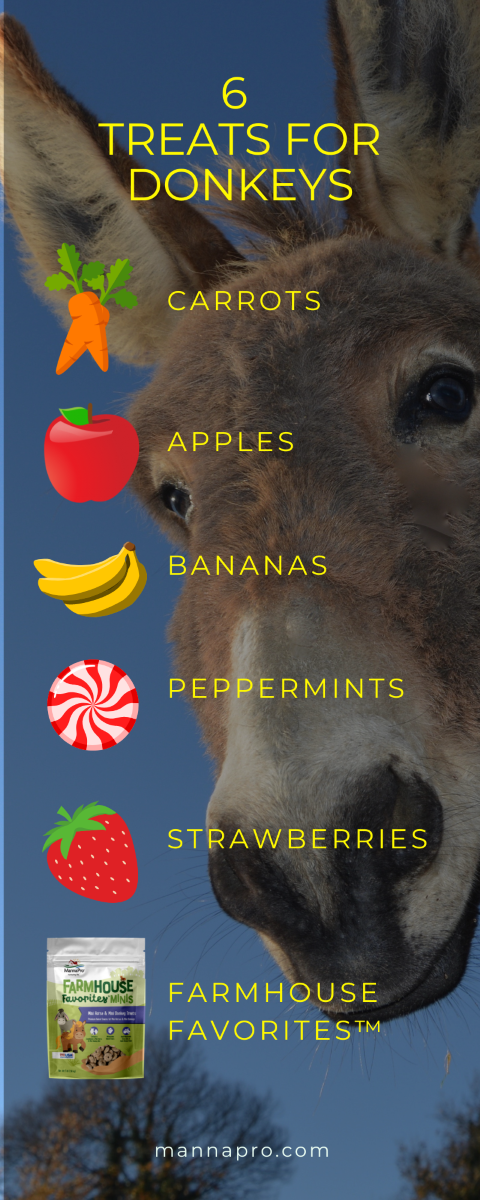
Donkey Products
Manna Pro offers a variety of products perfect for your donkey or mini. Many of our equine products have directions for the typical 1000 lb horse, so you may need to adjust the feeding or usage rate according to their size. Contact Manna Pro today for assistance with usage directions with your donkey or mini. Here are some of our favorite products for donkeys:
- Donkey Nutritional Supplement: Calf-Manna
- Electrolyte Supplement: AccuBites Replenish
- Wound Care: Corona Ointment
- First Aid Care: Microcyn Wound & Skin Spray
- Treats: Farmhouse Favorites Mini Horse & Donkey Treats
- Hoof Care: Corona Hoof+Shield
Donkeys: Home on the Range and In Our Hearts
Donkeys have proven to be exceptional animals, contributing to human societies in various capacities. From their roles on farms as diligent workers and guardians to their endearing presence as pets, donkeys hold a special place in our hearts.
By understanding their unique qualities, providing appropriate care, and ensuring a well-balanced diet, we can reciprocate the love and dedication they offer us. As we continue to appreciate these magnificent creatures, it is essential to promote their welfare and spread awareness about their significant contributions to both rural and companion animal settings.
